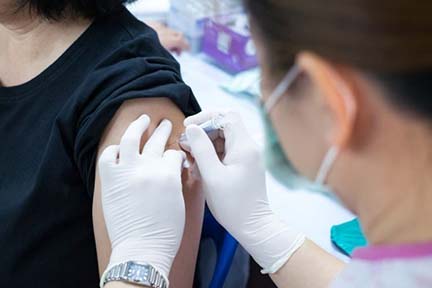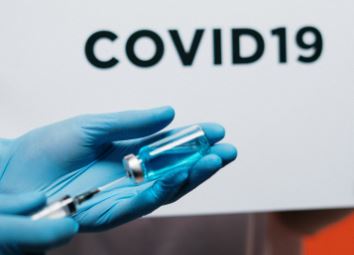
more families to receive money-saving weatherization services

FOR IMMEDIATE RELEASE: Feb. 14, 2022 CONTACT: Bob Wheaton, 517-241-2112, wheatonb@ MDHHS pilots program that will clear the way for more families to receive LANSING, Mich. – More low-income Michigan families will be able to now take advantage of a program that provides free home weatherization to reduce energy costs by an average of $283 per year.
The Michigan Department of Health and Human Services (MDHHS) has $5 million available from the U.S. Department of Energy Weatherization Assistance Program to pay for home repairs that are sometimes needed before weatherization services can be provided.
Many homes in a state of disrepair cannot take advantage of weatherization funds. Those situations would often lead to a deferral – where an otherwise eligible home would not receive weatherization repairs or services because the materials installed could be compromised.
“Weatherizing homes is a great way to reduce energy costs for Michiganders and prevent low-income families from having to worry about affording their bills and staying warm and safe,” said Gov. Gretchen Whitmer. “Many families have suffered financial hardships due to the pandemic and have put off maintenance that needs to be addressed before their homes can be weatherized. I urge these families to take advantage of these new services that will lower their costs and keep them warm. We will continue finding ways to put Michiganders first and help them have the resources they need to thrive.”
Gov. Whitmer has proclaimed February to be Keep Michigan Warm Month.
The MDHHS Bureau of Community Action and Economic Opportunity administers the U.S. Department of Energy Weatherization Assistance Program, which benefits approximately 1,300 low-income families annually in Michigan. Community Action Agencies and non-profit organizations provide weatherization services at the local level. Services funded by the pre-weatherization deferral dollars may include construction, reconstruction, improvement or repair of single-family and multi-family residential buildings to correct health and safety conditions as identified by the weatherization assistance program’s energy audit. Typical housing conditions that can lead to deferrals include mold and moisture damage, knob and tube wiring issues, other electrical issues, grading issues, roof damage, structural issues, plumbing issues, pest issues, ventilation issues, asbestos issues and radon. “MDHHS wants to help as many residents as possible weatherize their homes to save money and energy,” said MDHHS Director Elizbeth Hertel. “High energy costs can cause families to fall behind on their utility bills or be forced to pay their energy bills with money that could otherwise be spent on nutritious food or other needs. No one should be ineligible for cost-saving weatherization assistance due to costly needed repairs.”
In a weatherization job, trained professionals known as energy auditors use computerized software and advanced diagnostic equipment such as blower doors and infrared cameras to create a comprehensive energy analysis of the home. This analysis determines the most cost-effective measures to install in each home. The energy auditor creates a customized work order so trained contractors and crew members can install the identified energy-efficient and health and safety measures.
These measures include items such as insulation, blower-door-guided air sealing of key leakage junctures, and installations such as lighting and water saving measures.
Health and safety issues such as elevated levels of carbon monoxide, moisture problems, mold, ventilation needs, and heating systems safety and efficiency are also addressed. There is growing evidence that the program provides benefits beyond energy savings. Improved indoor air quality and appropriate ventilation strategies lead to healthier living conditions in weatherized homes, which often lead to reduced asthma triggers and fewer doctor visits.
Anyone interested in applying for the Weatherization Assistance Program, even if they may have a reason for deferral, can contact their local provider. Eligibility is based on household income and home condition.
Training for those working in the Weatherization Assistance Program is provided by the Michigan Training and Education Center. For more information about the training, visit www.MichiganTEC.org. |



